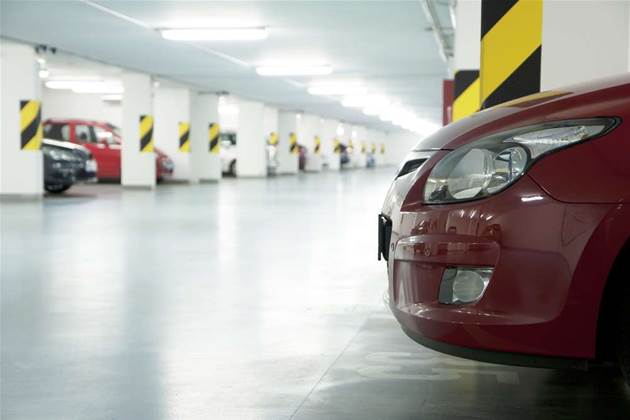Adelaide City Council is fielding ideas for technology solutions that will ease its traffic gridlock.

It wants to introduce a real-time, off-street car parking information system that will allow drivers to check whether there are spots available in the city’s parking buildings without driving around to find out.
It is expected that a mobile application and associated website will provide information on the city’s 6000 off-street car spaces inside nine council-operated ‘UPark’ facilities.
But the new capability won't be introduced any time soon - it is scheduled for a four to seven year rollout.
Perth has led the nation in the implementation of such technology, and its South Australian neighbour will no doubt be looking to emulate this success.
It launched the City of Perth Parking (CPP) app in January 2012, allowing smartphone users to view bay availability, locations and a countdown timer warning.
In the short-term however, Adelaide is looking to lay some of the groundwork that will support the modernisation of its traffic management.
Within the next three years it hopes to have integrated all the systems it currently uses to manage on and off street parking and infringement notices – including Infor’s specialist local government regulatory program Pathway, TRIM document management system and Designa parking management – into a centralised parking solution.
“This system is required to provide real time, reliable and factual data with extensive reporting capabilities,” the council said in a request for submissions.
It is also looking to expand the number of ways its residents and visitors can pay for their parking. Currently only 60 of its street-side parking meters accept credit cards, from a total 3200 paid spaces.
As part of its 10 year transport strategy, the Adelaide City Council has committed to “implement credit card and smartphone technologies for parking payments and information provision”.
It plans to replace all 320 ticket machines with “more advanced parking meters” that will be EMV chip and PayWave enabled as a minimum.
It is also looking to install in-ground sensors, licence plate recognition technology and roll-out new integrated hand held devices for the use of parking inspectors.
The influx of electronic and integrated monitoring technology will hand the council a brand new stream of data about when and where Adelaide drivers are parking their cars, which it can leverage to analyse patterns of demand and optimise any future metropolitan parking developments.



.png&h=140&w=231&c=1&s=0)
_(23).jpg&h=140&w=231&c=1&s=0)




_(26).jpg&w=100&c=1&s=0)

 iTnews Executive Retreat - Security Leaders Edition
iTnews Executive Retreat - Security Leaders Edition












_(1).jpg&h=140&w=231&c=1&s=0)



